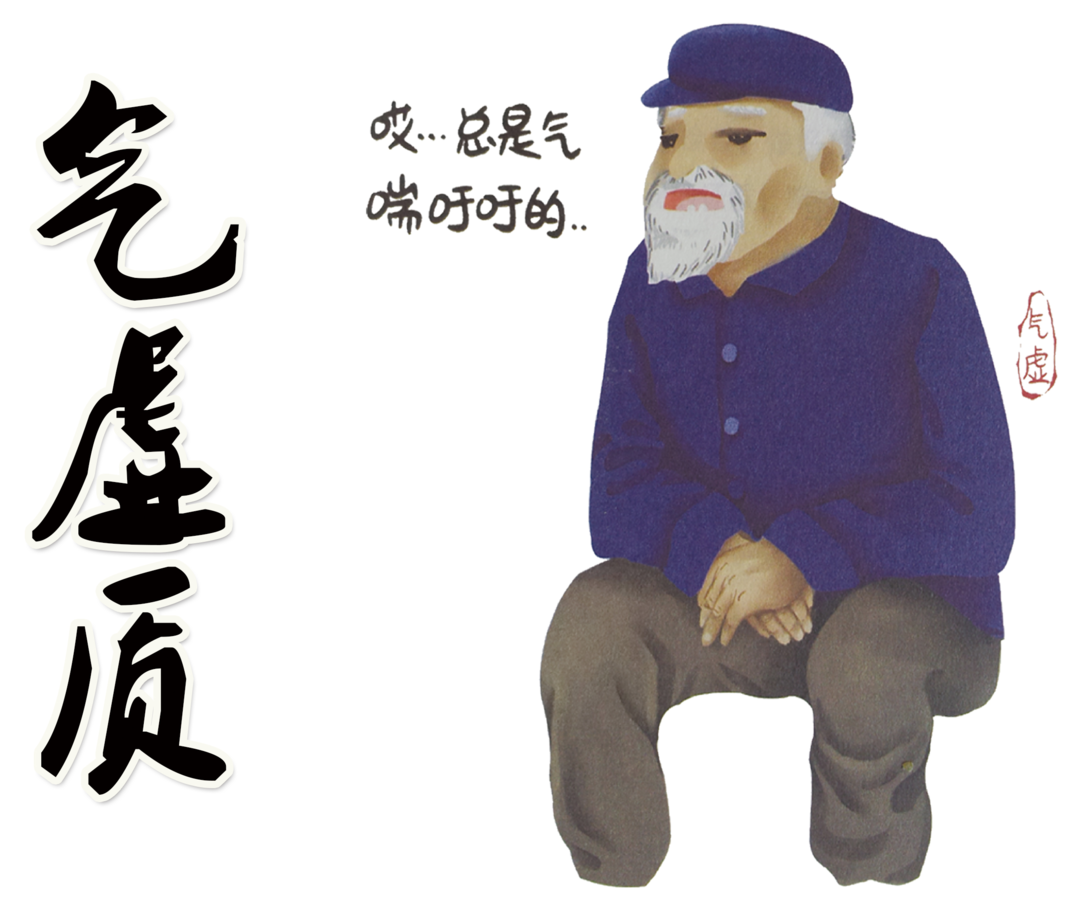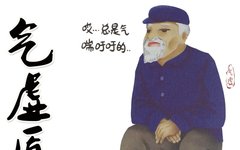Constitution——Qi Deficiency Constitution
Traditional Chinese Medicine
Qi Deficiency Constitution in TCM


 Definition of Qi Deficiency Constitution
Definition of Qi Deficiency Constitution
The state of constitution characterized by insufficient Qi in the body, with weak breath and low organ function, is referred to as “Qi Deficiency Constitution”.
Manifestations of Qi Deficiency Constitution
Individuals may appear thin or slightly overweight, have a pale complexion, shortness of breath, reluctance to speak, fatigue, spontaneous sweating, which worsens with activity, a pale red tongue with tooth marks on the sides, a white coating, and a weak pulse. Qi deficiency can be seen in all five organs, particularly the heart, lungs, spleen, and kidneys. In addition to the common clinical manifestations of Qi deficiency, corresponding symptoms may arise from specific organ Qi deficiencies. Susceptibility to diseases: prone to colds, Qi deficiency dizziness, organ prolapse, generally weak resistance, and slow recovery after illness.
Diseases Commonly Associated with Qi Deficiency Constitution
People with Qi deficiency constitution are prone to obesity, organ prolapse diseases, chronic inflammation, spontaneous sweating, habitual constipation, skin spots, menstrual irregularities, low blood pressure, allergic rhinitis, and chronic bronchitis.
Prevention and Health Care for Qi Deficiency Constitution
1. Individuals with Qi deficiency constitution should focus on dietary adjustments, consuming foods that tonify Qi, are easy to digest, neutral in nature, and sweet in flavor, such as: Da Zao (Jujube), Shan Yao (Chinese Yam), Long Yan Rou (Longan), Lian Zi (Lotus Seed), Yi Yi Ren (Job’s Tears), Qian Shi (Euryale Seed), Huang Qi (Astragalus), Dang Shen (Codonopsis), Bai Bian Dou (White Hyacinth Bean), Jing Mi (Glutinous Rice), etc.; avoid consuming cold, oily, and heavy foods that damage the spleen and stomach, such as: watermelon, cantaloupe, pears, bananas, cucumbers, bitter melon, water spinach, bamboo shoots, shellfish, etc.
2. Moderate exercise. Qi deficiency constitution often leads to muscle weakness, fatigue, and reluctance to exercise, resulting in weak resistance. Therefore, it is important to maintain a regular lifestyle and avoid wind and cold pathogens. “Exertion depletes Qi”; exercise should be low-intensity and frequent rather than intense or prolonged to avoid depleting Zheng Qi (Vital Qi). Gentle exercises such as walking and Tai Chi are recommended; regular massage or moxibustion on the Zu San Li (Stomach 36) point (located on the anterior lateral side of the lower leg, 3 inches below the knee joint, one finger breadth from the anterior border of the tibia) can strengthen the spleen, tonify Qi, and enhance physical health.

Image source from the internet,

